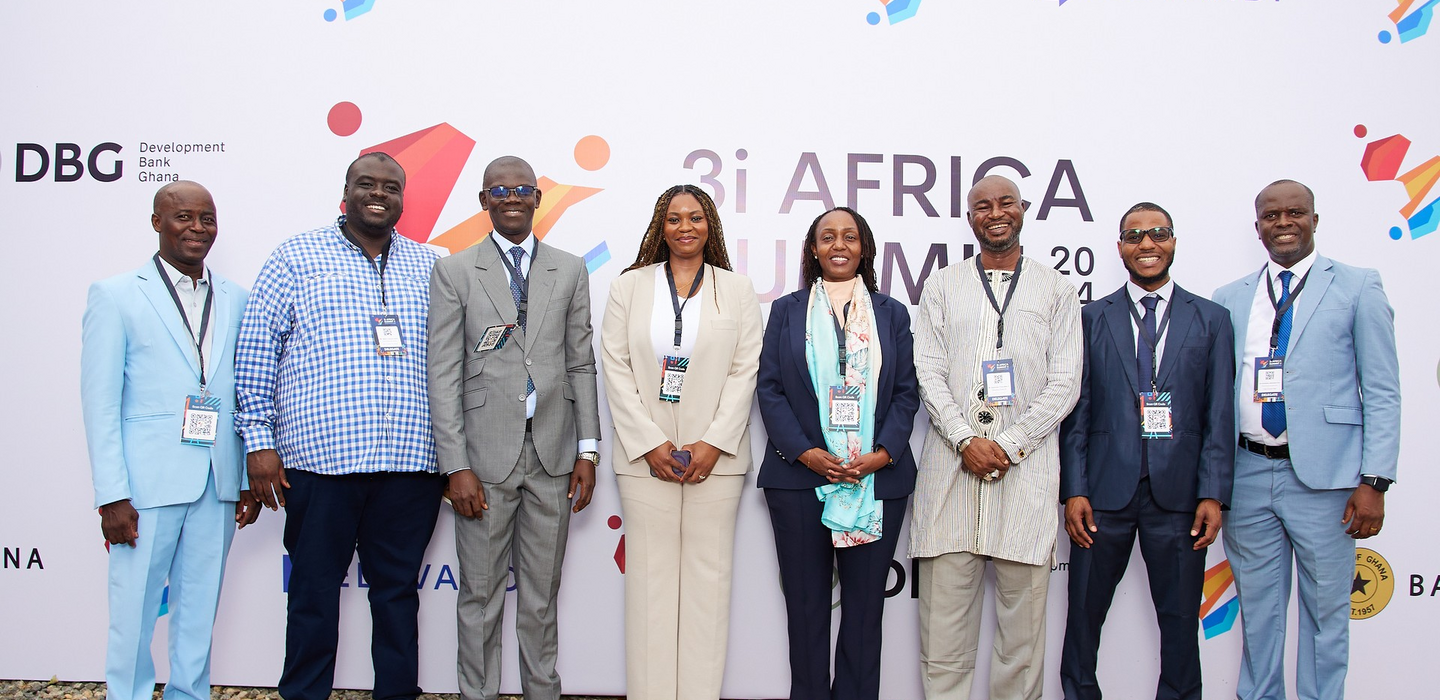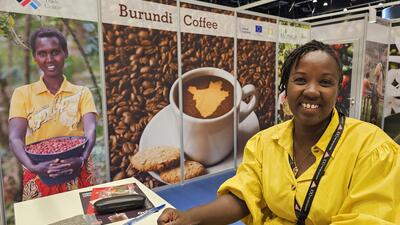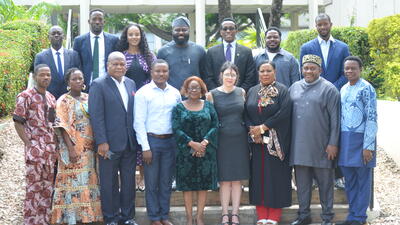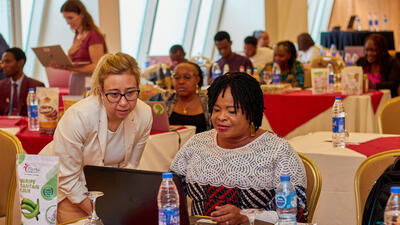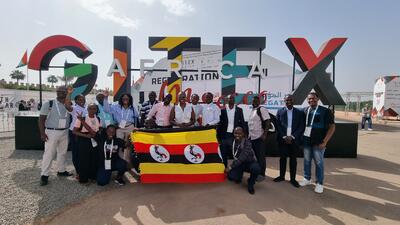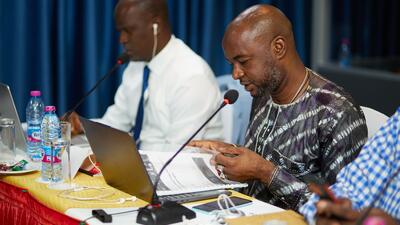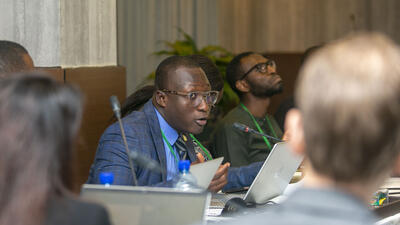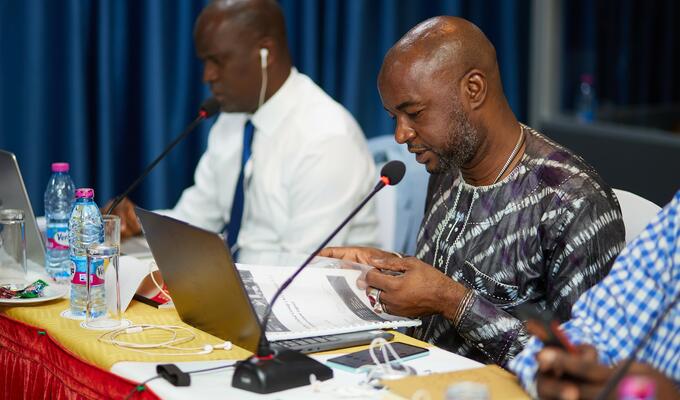
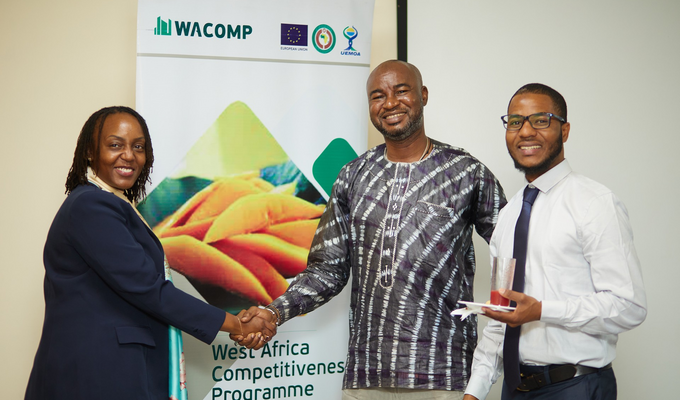
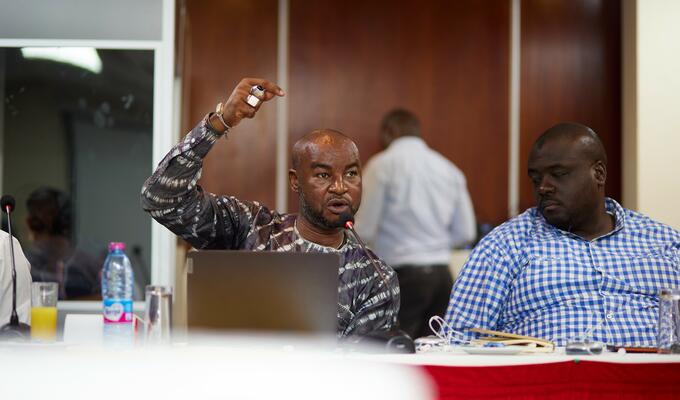
3i Africa shows how fintech drives access to finance in West Africa
Eight West African business support organizations travelled to Accra, Ghana for the 3i Africa Summit 2024.
The event organized by the Bank of Ghana (BoG) and the Development Bank Ghana (DBG), in partnership with Elevandi, looked at the region’s economic prospects in digital technology, promoting active collaboration among policymakers, researchers and business. The summit aimed to drive innovation in the region, especially in digital financial services, known as fintech.
Ghanaian President Nana Addo Dankwa Akufo-Addo’s opening remarks highlighted how his country has positioned itself as a fintech leader.
‘Our fintech regulatory environment has become a hotbed of innovation and competition, attracting the best and brightest minds from across the continent and beyond,’ the president said. ‘And our digital lending platforms have disbursed billions of cedis in loans to micro, small, and medium enterprises, fueling job creation, economic growth, and the rise of a vibrant and dynamic entrepreneurial ecosystem.’
The summit attracted 7,500 attendees representing nearly 4,800 industries from 95 countries. This provided a huge networking opportunity for the eight participants who attended as part of the WACOMP programme at the International Trade Centre (ITC).
Business support organizations sponsored by the WACOMP programme learned from industry leaders and experts, picking up new ideas to help them improve operations. They saw firsthand how to unlock local capital to support innovation and promoting inclusivity.
By gathering a broad range of key financial players, the summit created a platform to develop new partnerships, with the ultimate goal of economic growth that doesn’t leave anyone behind.
The business support organizations also participated in a workshop on Access to Finance, centered on the ITC Benchmarking and Diagnostic tool. The tool lets businesses assess their own performance through a set of questions specifically designed for them, get assistance to assess their businesses’ competences and compare themselves to similar companies around the world.
The interactive session at the workshop guided business support organizations in how to use the tool, through the WACOMP Scan, a self-assessment questionnaire, to better support African businesses’ competitiveness.
Muhammed Alieu Barry from The Gambia Angel Investors Network (GAIN) was among the people who attended the summit with WACOMP.
‘The 3i Africa Summit in Accra provided me with important insights into the African entrepreneurship and investment landscape,’ he said. The Access to Finance workshop provided a unique opportunity to better understand the role of the ITC benchmarking and diagnostic tool in our support proposals to small businesses.
‘This journey in Accra has generated new ideas and strategies that we can incorporate into the Gambia Angel Investors Network’s mission.’
Beyond the formal discussions, the summit hosted seven networking events so delegates could engage with industry leaders. This exchange of ideas laid the groundwork for future partnerships aimed at driving sustainable growth across Africa.
About the West Africa Competitiveness Programme (WACOMP)
WACOMP is financed by the European Union under the 11th European Development Fund. The programme aims to strengthen the competitiveness of West African countries and enhance their integration into the regional and international trading system. ITC implements the programme in cooperation with UNIDO and under the overall guidance of the ECOWAS Commission. The overall objective of the programme is 'to strengthen the competitiveness of West Africa through an enhanced level of production, transformation and export capacities of the private sector in line with regional and national industrial and MSME strategies'.





